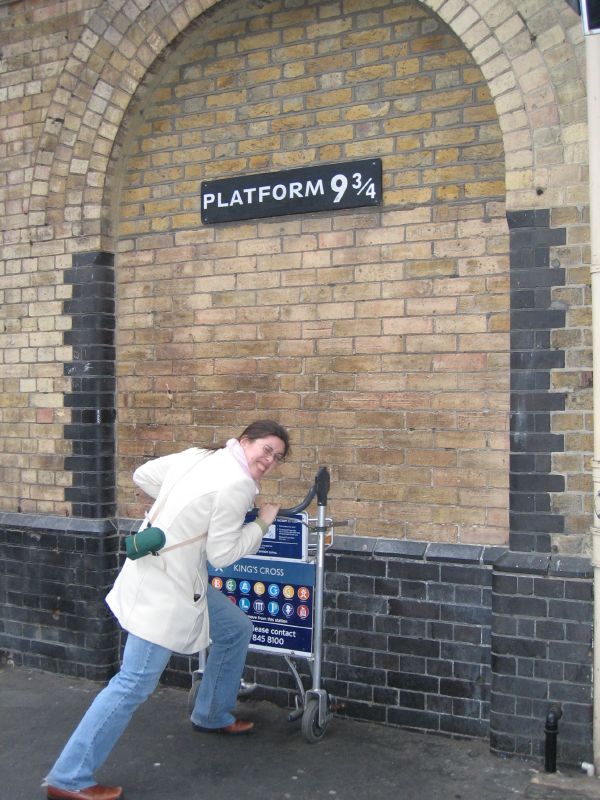
Note: This re-inaugural post was written by a guest blogger, Mr. James Joyce, in an act of Extreme Prophecy, circa 1928-9:
After much ado over here at Something, we're back with a Mobile Army of: Increased Insouciance! Newly Upholstered Urgency! Meditative Mockery both Timely and Un! Steadfast Resistance and Stain Resistant Steadfasity! Sacrosanct Sarcasm that Seeps from above and Sinks from Below! Fonts! Deep Sympathy! And an Entirely Novel Securities Market, for our Readers on the Rise!
Rise!, or rather Consider our Topics which will not be unlimited to: the Rotundity and Flatulence of Character, Being an Enquiry into Whether Characters Are People or Dumb; the Continually Falling Stock of Donald W. DeLillo, whose Falling Man Flutters like an Empty and Falling Shirt--What a Plunk! What a Fluttering Plunge to be Half Dead in an Age You Despise, Mr. D.! You can Cringe a Bit Further and So Do So!; and you, Mr. S.L.M.N. Rushdie, we shall examine You and your Eco-Echoing Prose (prose), So Lemony Many Nights (One Thousand and Few!),
Suns Rising and Passing and Plunging toward Periods, Sentence hounding Sentence, a Daze of Sentences and Monthlong Paragraphs Passing and Lunging across the Sky called That Book You Have Made--but Why! Why the Hounding and Plunging and Passing and Words? Why!; and Mr. Meandering Bolaño, Mr. Artless Arturo and Mr. Useless Lima, we love you but be forewarned: We Will be All Over Your Shuffle Board Court!
; and furthermore Things! We shall Discuss and Propose and Ponder Things that Exist and Things that Don't, such as a Global Muppet Revolution--It and We are a Call to Arms and Tails and Snouts, a Frenzy of Fur and Fuzz and Funky Funky Junk because we Categorically WILL Freak the Funk and Talk the Most Junk. A Plutocracy of Plurabilities that we will Ponder and Propose and Plunge into Icy Water!
Gasp!, or rather Ponder Our Present Topic before it too Plunges towards Punctuation: Flatness and Rotundity, that Smattering of Profundity: When Exactly do Characters Gasp and Awake and Rise from the Page? When do the Neckbolts Spark and Turn Print into Personhood? When do the Eyeshutters Rise and allow in Light; and What Light; and Who Allows It? And What, for example, of Us? Then Even More! Next Time! Right! Here! Hurray!
Riverrun past Eve and Adam's, from swerve of shore to bend of bay, brings us by a commodius vicus of recirculation back to that Horrible Cretinous Enraging Neighbor who lives above me, dear Readers. I have writ of him before, writ and rewrit, but get this: New Loud Shoes! With Nickel Plated Heels! The Click and the Clack and that Tap Tap Tap Dancing of Daily Doings.I feel it is driving the Plot of My New Novel into Catastrophe...
And Scene. (And thank you, Mr. Joyce. We hope your neighbor quiets down).
Basically, we're back, and we're sort of excited about it.
Sincerely,
-Tamilda the Genius 10yr. Old
PS. I conned my parents into getting me five new dogs, because it is Summer.
















